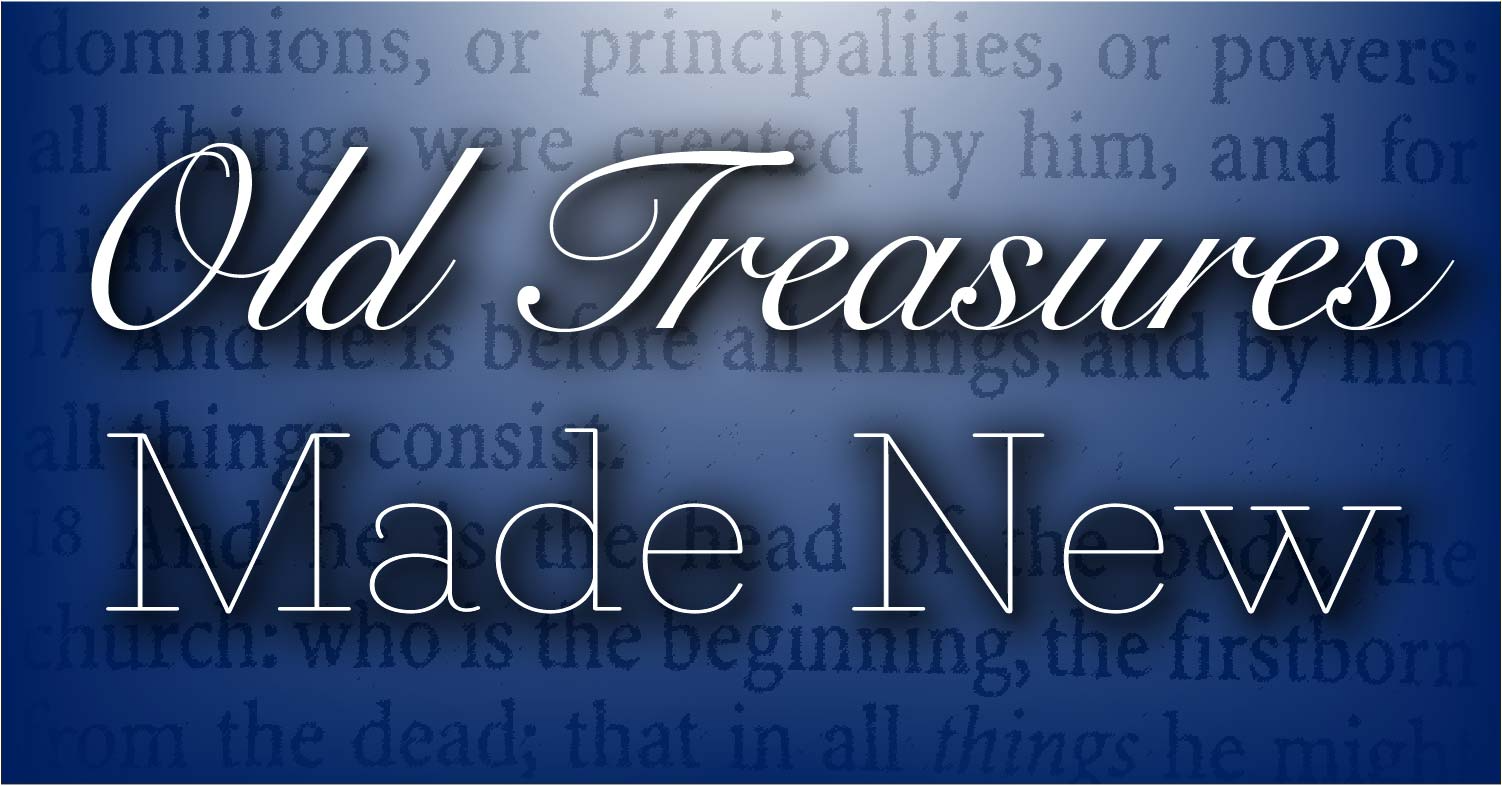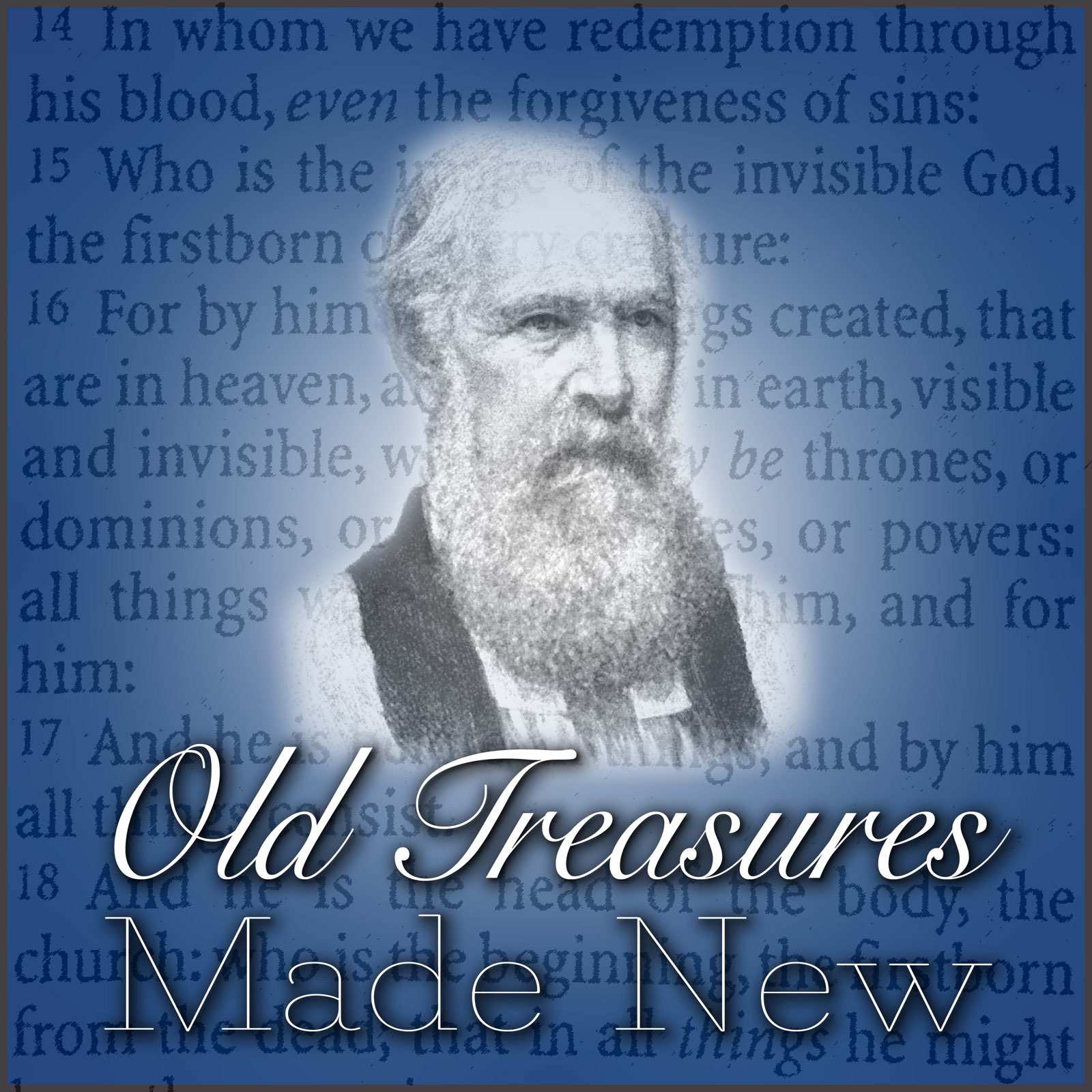Episode 348
John 6:66-71
Until John, we have been using older manuscripts of Ryle's Expository Thoughts. Just recently, though, EP Publishing has put out a lightly updated version of Ryle's work, which I am now working from. If you are interested in a physical copy of the Expository Thoughts, you can find it HERE.
John 6:66-71
- Let us mark what an old sin backsliding is.
- Let us mark the noble declaration of faith which the Apostle Peter made.
- Let us mark what little benefit some people get from Christian privileges.
"All is not gold that glitters. All blossoms do not come to fruit. All are not Israel which are called Israel. People may have feelings, desires, convictions, resolutions, hopes, joys, sorrows in faith and yet never have the grace of God. They may run well for a season and bid fair to reach heaven and yet break down entirely after a time, go back to the world and end like Demas, Judas Iscariot and Lot’s wife."
"Where shall we find such peace, hope and solid comfort as in serving Christ, however poorly we serve Him? Can we better ourselves by turning our back on Christ, and going back to our old ways? We cannot. Then let us hold on our way and persevere."
"Let us settle it firmly in our minds that the possession of Christian privileges alone is not enough to save our souls. It is neither place, nor light, nor company, nor opportunities, but grace that someone needs to make them a Christian."
Questions:
- We see the sad case of many disciples ceasing to follow Jesus after this hard teaching. Ryle exhorts us that, while a true believer will never truly fall away, there is much that looks like grace that isn't. All is not gold that glitters. Have you seen such cases in your own life? Did it surprise you? Why or why not?
- We see an incredible confession from Peter, namely, when everyone is leaving Jesus, He boldly declares, "to whom shall I go, you have the words of eternal life." When facing doubts and difficulties and hardships, is this where your heart goes as a foundation?
- We see that Judas had the most privileged opportunity to be saved, and yet is a devil. It is grace, and not circumstances or privileges or access to the best teaching that saves. Ryle exhorts us to search to see whether we have this grace, and then he encourages us that this grace is for the asking. Jesus is more willing to give grace than we are to ask. Have we found this to be true?


